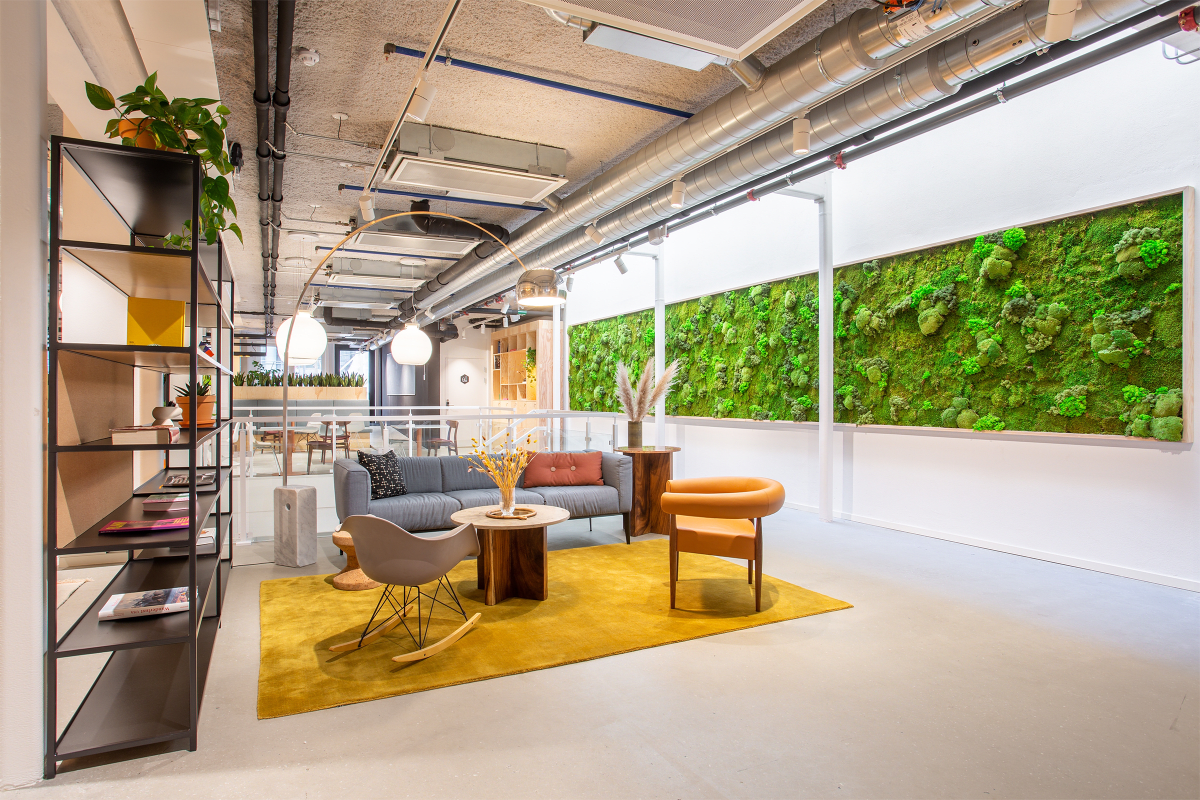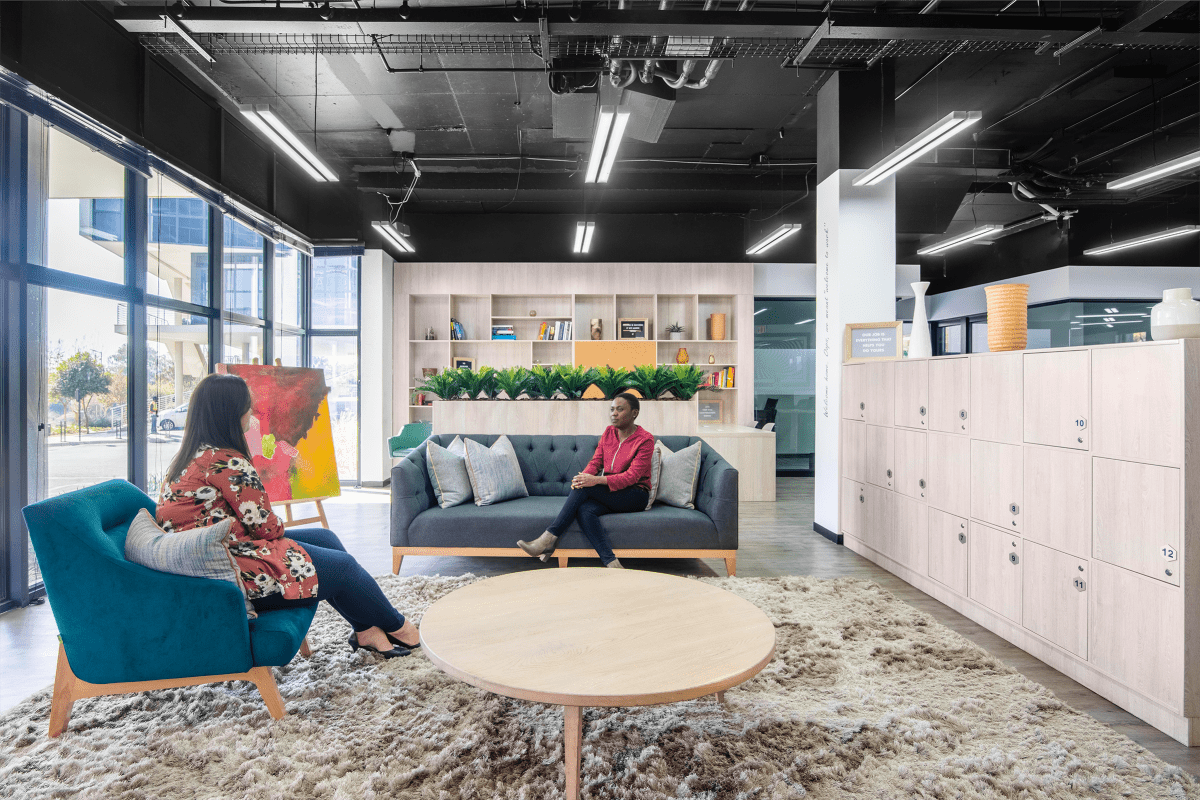While China has often taken many of the plaudits when it comes to emerging economic powerhouses, India, too, has been one of the undoubted economic success stories of the last two decades.
As of this year, the country is predicted to overtake the UK as the fifth-largest economy in the world by GDP, benefiting from a relatively young population and the second-highest number of English speakers in the world after the USA. It also boasts a flourishing tech startup scene.
Companies such as IWG have been quick to service this boom, constantly developing their co-working and flexible models to provide ideal workspaces for both startups and established players looking to expand and move into new regions in India.
The sheer scale of IWG’s operation is placing it at the forefront of this expansion, and one of the methods it’s identified for doing so is via franchise partnerships.
“That is something we are very focused on right now,” says Harsh Lambah, IWG’s country manager for India. “A franchise strategy for India would either be a single plan led by one entity - or franchising different regions to different parties.”
Talking about the co-working market in the country, he says firms of various sizes are jostling for position. “There is a bigger focus from large enterprises on co-working right now,” he explains. “If you look at any of our workspaces, about 40% would be large enterprises, another 40-45% would be small and medium enterprises while startups and professional entrepreneurs may be just 8-10%.”
Lambah predicts the co-working trend in India will continue to go from strength-to-strength over the next decade. He also anticipates that shared working solutions will move out of the major cities into Tier-2 cities, as well as buildings located near major transport hubs such as airports and train stations.
“Today, we have about 120 workspaces across 16 cities in India. Nobody else has gone there,” he says. “In each of the Tier-2 cities, we have enjoyed tremendous success. In Indore for example, we have opened our third workspace; in Ahmedabad, we are going from two to four; in Vizag and Jaipur, we have expanded. There is a lot of commerce happening outside of the main commercial hubs in India.”
Over the last two years, co-working was the fastest-growing industry in the world, with expansion often the name of the game for the major players. That initial flurry will now give way to consolidation, according to Lambah. But he warns that some of the smaller companies could struggle in their quest to keep pace with the big players.
“There are over 200 flexspace players in India today,” he says. “They were all expanding, setting up their operations. Now they're consolidating. A lot of them don’t have the funds to expand. So, there is going to be fragmentation in the industry.
“There will be acquisitions and many companies may have to shut up shop because scaling up in this industry is tough.”
IWG’s growth plans are currently focused on three aspects: organic growth, with the company putting its own centres in place; acquisitions, with companies approaching IWG for investment and funding opportunities; and finally, IWG’s franchise plan.
Lambah says the company currently has its eye on micro-markets and wants to establish itself in new cities, not just the major centres that have traditionally been the home of India’s impressive economic engine. It will be through building franchise partnerships that this next phase of expansion takes place.
“We need to be in Cochin, Trivandrum, in Punjab, Rajasthan, Andhra Pradesh and Telangana,” he says. “We will look at each of them once we have our franchise strategy in place.”
Interested in becoming a franchise partner? Visit franchise.iwgplc.com






